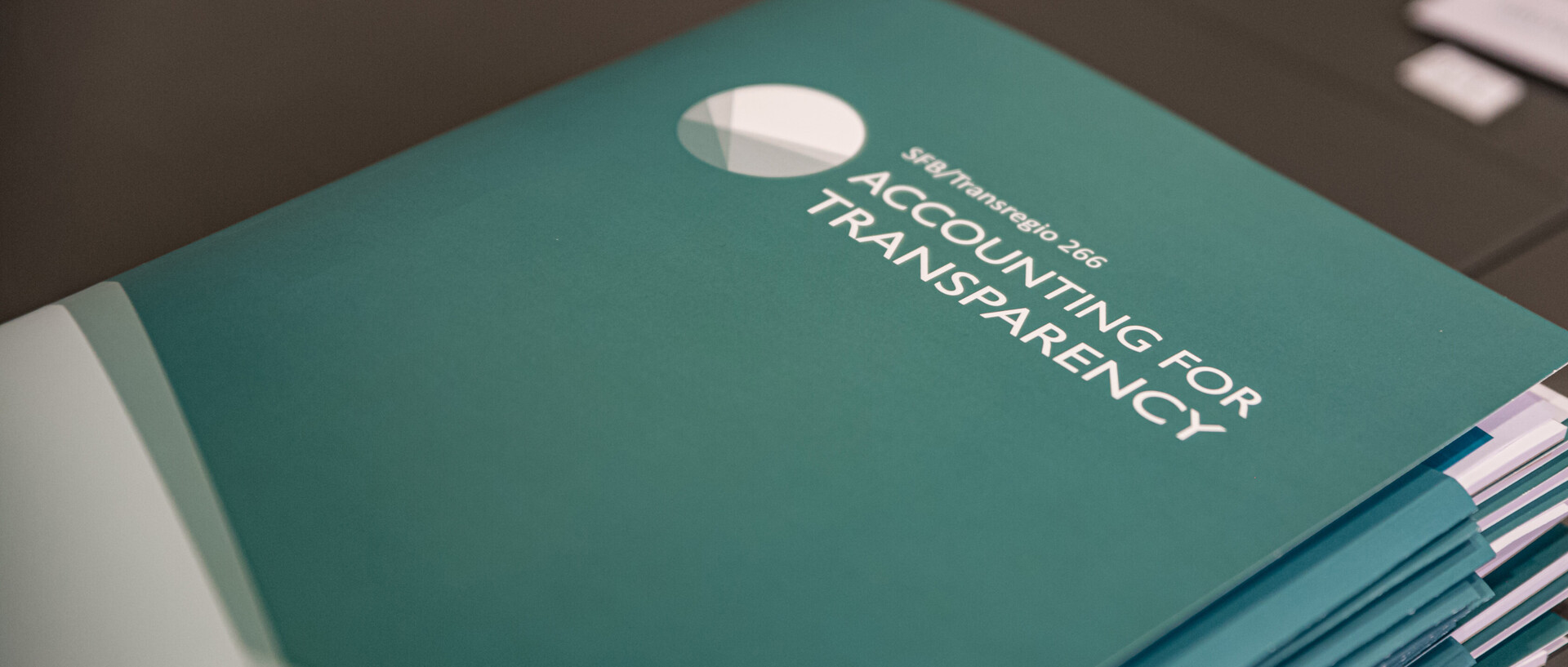 Defamation Case Against Pulitzer Prize Board Advances in Florida Court
Defamation Case Against Pulitzer Prize Board Advances in Florida Court
A recent ruling by Florida Circuit Judge Robert Pegg has allowed a defamation case brought by former President Donald Trump against members of the Pulitzer Prize Board to move forward. The case centers around a statement made by the Board in 2022, in which they defended their decision to award several news outlets for their reporting on Trump’s alleged links to Russia. Judge Pegg deemed the statement actionable, stating that it went beyond mere opinion and failed to provide crucial information to readers.
According to the judge, the Board withheld valuable information from readers, including details about the process used to evaluate complaints against the awards. In their statement, the Board claimed that independent reviewers had carefully reviewed the complaints and found no discredited facts in the winning submissions. However, Judge Pegg argued that the statement lacked transparency as it failed to identify the reviewers, their connection to the Board, and their qualifications.
This lack of disclosure made it difficult for readers to assess the legitimacy of the Board’s decision not to revoke the prizes. Judge Pegg stated that the statement implied undisclosed foundational facts, rendering it actionable mixed opinion. Under Florida law, people cannot sue over pure opinion, but the judge determined that in this case, the statement crossed that line.
Former President Trump celebrated the ruling on his social media platform, Truth Social, expressing his satisfaction that the judge did not allow the Pulitzer Prize Board to hide behind the Times v. Sullivan case. This landmark 1964 Supreme Court ruling established that defamation plaintiffs must prove that defendants either knew the statements in question were false or acted recklessly by publishing them without verifying their accuracy.
The defamation case in Florida revolves around the Board’s decision to award the 2018 Pulitzer for national reporting to The New York Times and The Washington Post for their stories on alleged links between Trump, his campaign, and Russia. These stories heavily relied on anonymous sources and included discussions about the FBI’s willingness to pay the author of a dossier funded by Hillary Clinton’s campaign, as well as the role of an aide for Trump’s campaign in triggering the FBI’s Russia investigation.
However, subsequent government investigations, including the report by special counsel Robert Mueller’s team, found no evidence of collusion between Trump or his campaign and Russia. The Washington Post also corrected multiple stories regarding a source for the dossier, admitting that their reporting was inaccurate. It was revealed that reporters from the paper had close ties with Fusion GPS, an operative firm paid by Clinton’s campaign.
Complaints from Trump’s campaign and others prompted the Pulitzer Prize Board to issue their 2022 statement, which ultimately led to the legal case. In a separate ruling, Judge Pegg rejected a motion from the defendants to have the case dismissed on the grounds that they reside outside of Florida. The judge determined that Trump had successfully alleged conspiracy among the defendants, and at least one of them may have committed tortious acts in Florida as part of the conspiracy.
This ruling has significant implications for the defamation case, as it allows it to proceed in the Nineteenth Judicial Circuit in Okeechobee County. The decision brings attention to the responsibility of influential bodies like the Pulitzer Prize Board to provide transparency and accountability in their statements and decisions. Moving forward, this case could have far-reaching consequences for how awards and accolades in journalism are evaluated and defended.


